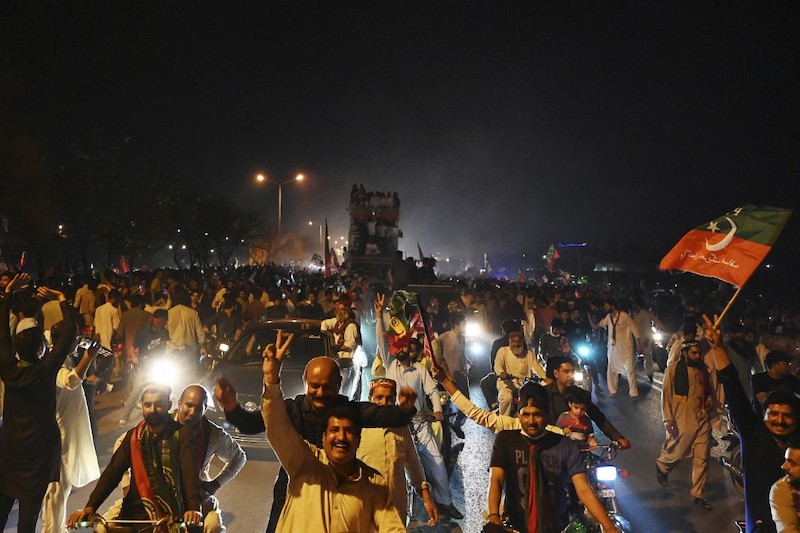Pakistan on Friday unveiled a budget that will raise taxes for the wealthy and privatise government assets as the cash-strapped South Asian country sought assurance from the International Monetary Fund (IMF) that it would approve a long-awaited bailout.
Finance Minister Miftah Ismail said on Friday the government would impose a supplementary tax on individuals with annual income of 30 million rupees ($150,000).
The nation of 220 million people is facing a balance of payments crisis, with foreign reserves falling below $10 billion, hardly enough for 45 days of imports, and a widening current account and ballooning fiscal deficits.
He said the government would target raising 96 billion rupees from privatisation. In the current fiscal year the government did not raise any funds from privatisation.
Ismail put a ban on government officials from buying new cars for personal and official use to reduce fuel consumption. “We have started difficult decisions… but it is not the end of taking difficult decisions,” he said.
The IMF had asked Pakistan to address its elevated fiscal and current account deficits before releasing a bailout package.
Islamabad, the fund said, had deviated from policies agreed in the last review under the multilateral agency’s Extended Fund Facility programme.
It is unclear when the IMF would clear the release of over $900 million under its $6 billion, 39-month programme.
Ismail said the government would implement anti-tax evasion measures that would help increase revenue by 20% to 7 trillion rupees and bring down the deficit.
The government would target a fiscal deficit of 4.9% of gross domestic output, sharply lower from estimated 8.6% in the current year, Ismail said.
“The budget … is an attempt to satisfy IMF on key matters relating to revenue collection, subsidy reductions and attainment of fiscal discipline,” said Umair Naseer from Topline Research, a brokerage.
- Reuters, with additional editing by George Russell
























